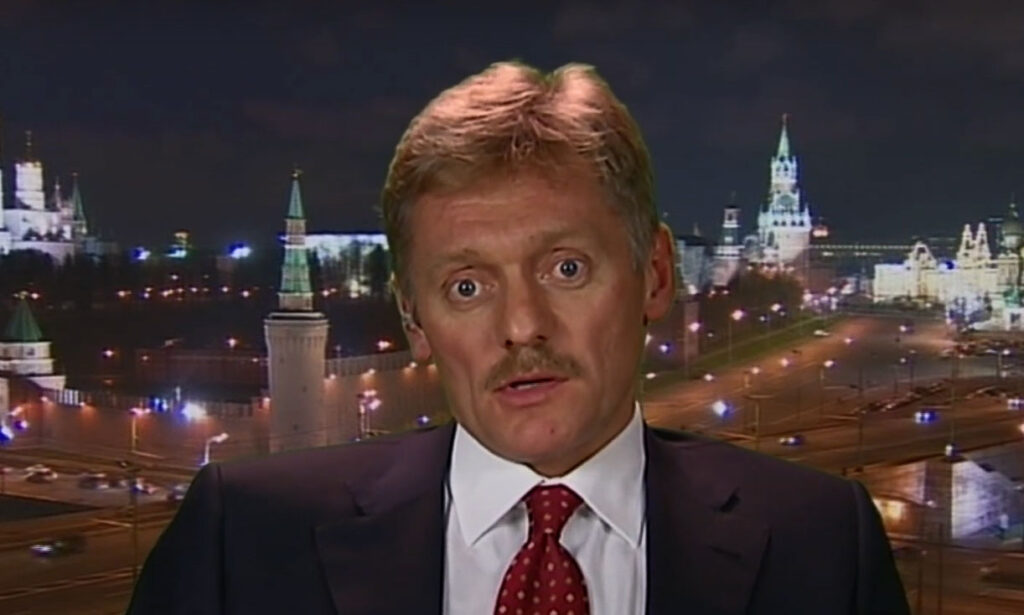Kremlin signals openness to Putin-Zelenskyy talks — but conditions remain unchanged

Russia’s position on Ukraine remains unchanged. The Kremlin states it does not rule out a meeting between Russian President Vladimir Putin and Ukrainian leader Volodymyr Zelenskyy but only after extensive preparatory work at the expert level, UNIAN reports.
In practice, Putin does not recognize the Ukrainian government as legitimate and is unwilling to negotiate without full compliance with his demands — which effectively amount to Ukraine’s capitulation.
De-facto capitulation of Ukraine
“Putin is ready to meet with Zelenskyy after preparatory work at the expert level. However, that work has not been carried out yet,” Dmitry Peskov, the Kremlin’s spokesperson, told Russian media.
Russia’s demands, unchanged since summer 2024, include: official recognition of annexed territories, guarantees of Ukrainian neutrality, demilitarization, and a pledge not to join NATO. Moscow insists that only after these conditions are met can any serious talks take place.
Putin shrugs off Trump’s ultimatum and says he’s ready to wait until Kyiv agrees to his conditions to end war
Currently, global observers are watching closely to see whether US President Donald Trump will impose sanctions after the Kremlin refused to comply with his ceasefire ultimatum on Ukraine.
Meanwhile, tentions between Washington and Moscow continue to escalate
After former Russian President Dmitry Medvedev’s claims, referencing the Soviet automatic nuclear strike system “Dead Hand” in the context of threats against the US, Trump ordered the deployment of two nuclear submarines. Medvedev’s threats came following Trump’s announcement of a 10-day ultimatum that the US gave to Russia to end its war.
This exchange significantly escalated nuclear rhetoric between the two powers, underscoring the growing intertwining of the Ukraine war with nuclear deterrence.
Read also
-
New Ukrainian defense chief tests his negotiation skills during Ramstein meeting as Putin answers Trump’s ultimatum with escalated attacks
-
As Russia burns billions on war against Ukraine, Minsk’s depending economy is approaching its bottom
-
Trump and NATO unleash billions in weapons for Ukraine as Putin faces 50-day ultimatum